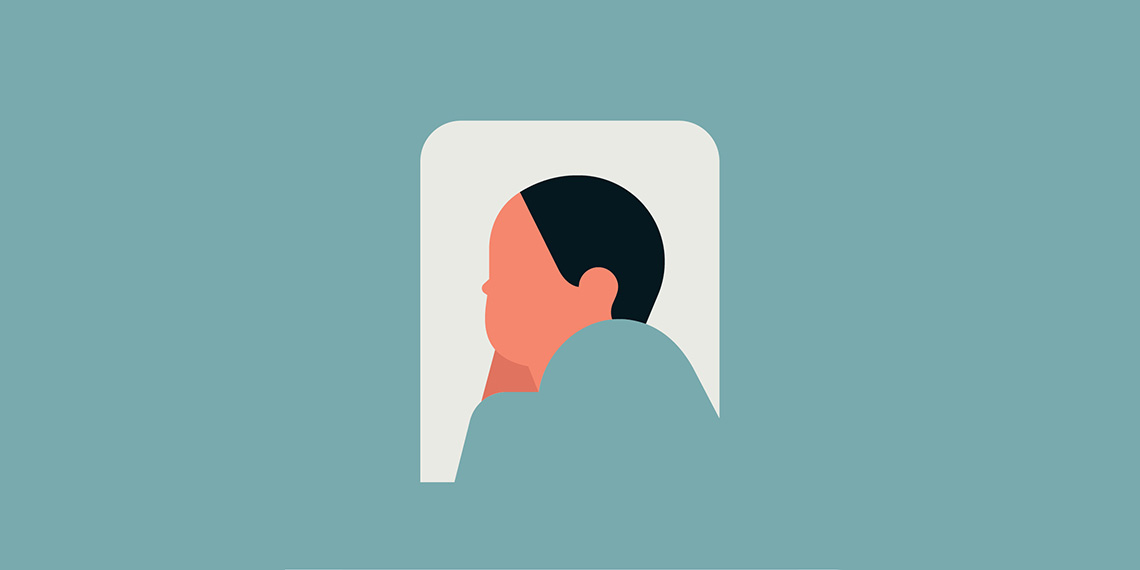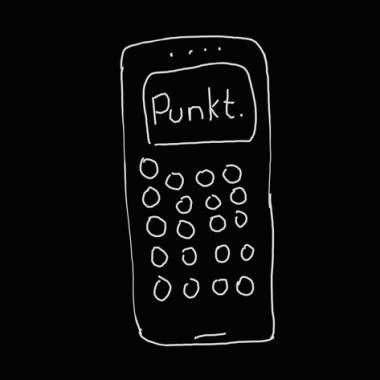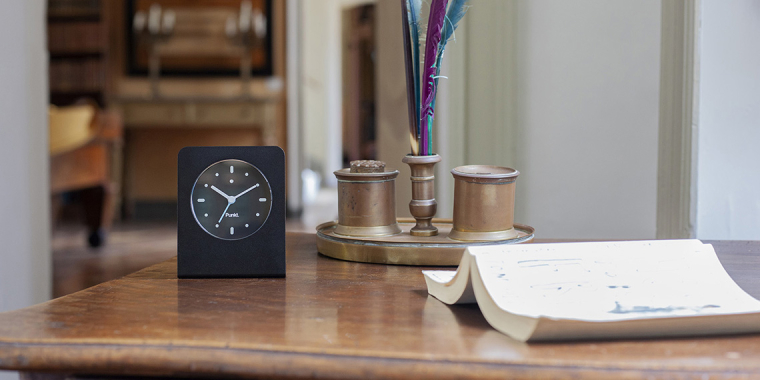
Thoughts on sleep. Alain De Botton
Far into the night
It’s far into the night, but sleep won’t come. You turn over. Perhaps a different position will quieten the mind. Or maybe the other side was better after all. Panic sets in. Not sleeping feels like a disaster. For very understandable reasons our culture has arrived at extremely negative assessments of insomnia. It is a curse, to be overcome by art or science, by a sleeping pill, chamomile tea or sheep counting. But given how much time we may have to spend in the territory of sleeplessness, it may also be worth attempting to map and understand the landscape - to learn to feel a little more at home with the idea of not being able to sleep and to view our insomniac hours as a challenging yet legitimate part of being human.
Our wakefulness can be interpreted as an artful revenge on the part of all the many deep, grand, significant and information-rich thoughts we did not properly attend to during the day. We can’t sleep, in part, because we have so much unfinished thinking left to do.
The Danish painter Kersting hints at the virtues of the sleepless state. We can guess that it’s very late for the man reading in his study; more conventional people have long ago turned in, but the man has stayed up, to finish a book, to think, to talk with a long-forgotten person: himself. Late at night is when big things may at last have a chance to happen in the mind. During the day, we are dutiful to others. At night we return to a bigger duty: to ourselves. Night is a corrective to the demands of the community. I may - in daytime hours - be a dentist or a maths teacher, a parent or a politician but night is a reminder that I am also a nameless, limitless consciousness, a far more expansive, un-anchored figure, of infinite possibilities and rare, disturbing, ambivalent, peculiar, visionary insights. The thoughts of night would sound weird to my mother, my friend, my boss, my child. These people need us to be a certain way.
They cannot tolerate all our possibilities and for some good reasons. We don’t want to let them down; they have a right to benefit from our predictability. But their expectations can choke off important aspects of who we are. At night, with the window open and a clear sky above, it is just us and the universe – and for a time, we can take on a little of its boundlessness.
We are naturally very inclined to want to be normal. Yet thanks to insomnia, we are granted a crucial encounter with our weirder, truer selves. We can learn of our own apparent strangeness. The daytime self is a misleading picture of what everyone is like. Insomnia is a gift – and a latent education.
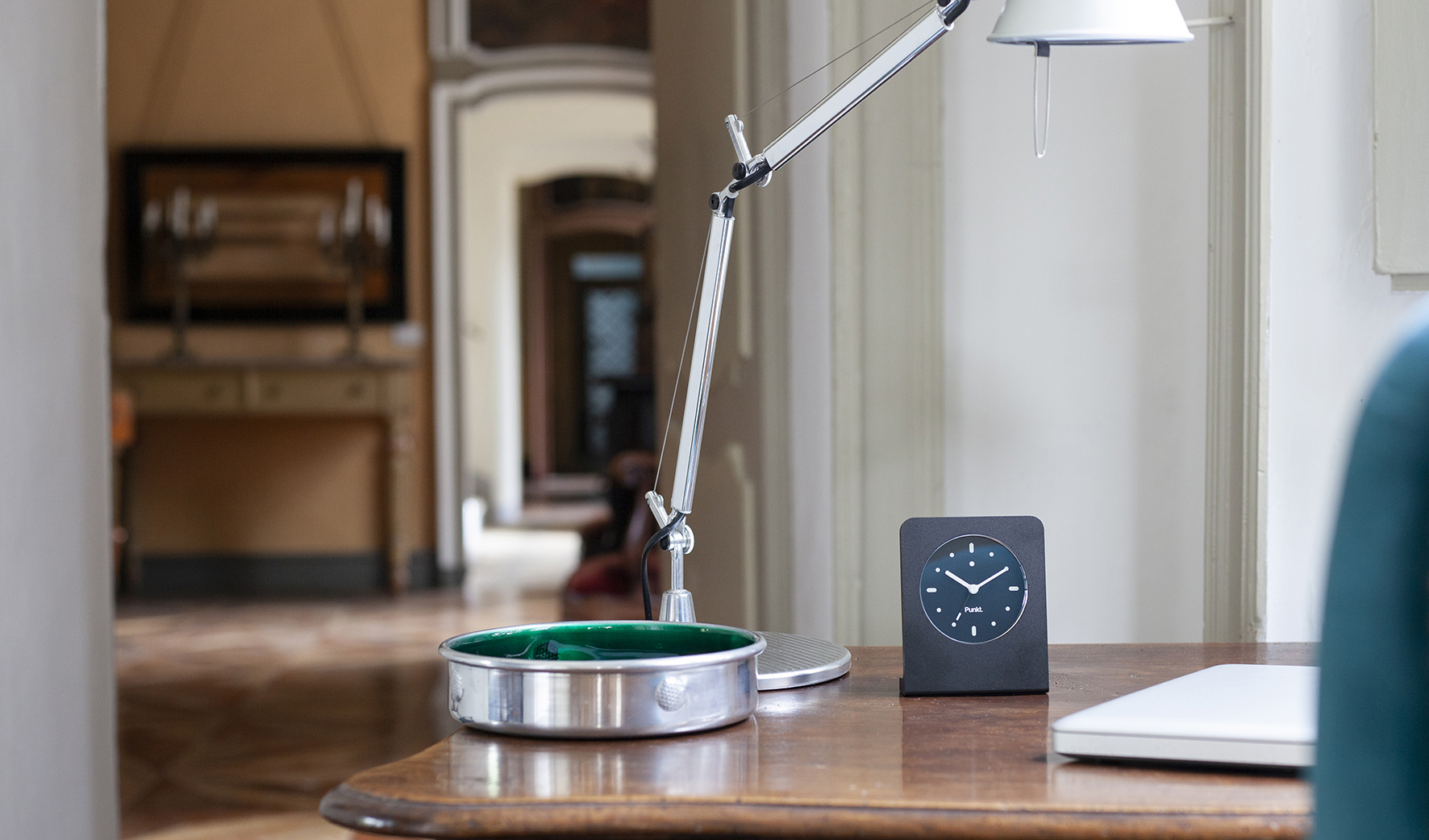
Punkt.’s staff philosopher replies:
Yes, it’s important not to panic, not to freeze when struck by Pan’s terrifying woodland sounds – often most frightening at night – or the modern equivalents that arise from the tangled forest of modern life. Can’t sleep, but want and need to sleep? If tossing and turning is the only option, it’s often best to just roll with it: accept that sleep isn’t coming just now, and get out of the bedroom.
If you want to do some big thinking, do that.
But if you really don’t, because in a few hours you’ll be starting an eight-hour day teaching at a university or driving a bus, a useful tactic is to do something practical. It gives you something else to think about, something that is finite, that allows immediate resolution. Half an hour later you’ve achieved something useful, you’re tired in a broader way, and there’s a good chance that when you go back to bed, this time you’ll get what you want. So yes, instead of panicking, instead of trying to sleep, play the insomnia at its own game: try and stay awake and busy until the insomnia itself has tired. Then go back to bed and feel good about having crossed something off your to-do list. It’s over, so you can now shut down.
But it’s important to remember that insomnia, defined as the “inability to sleep”, is – like any inability – a loss of freedom. And it’s true, just like any loss of freedom, right up to that of physical incarceration: it contains the potential for personal growth. That which does not kill us makes us stronger. Terry Waite’s five years as a hostage in the Middle East led to an excellent book. But it’s probably best if most of us are never in a position to write anything of its kind. Similarly, insomnia is by definition to be avoided. Respected as a warning and foe, perhaps momentarily embraced in order to obtain its defeat, but where possible avoided.
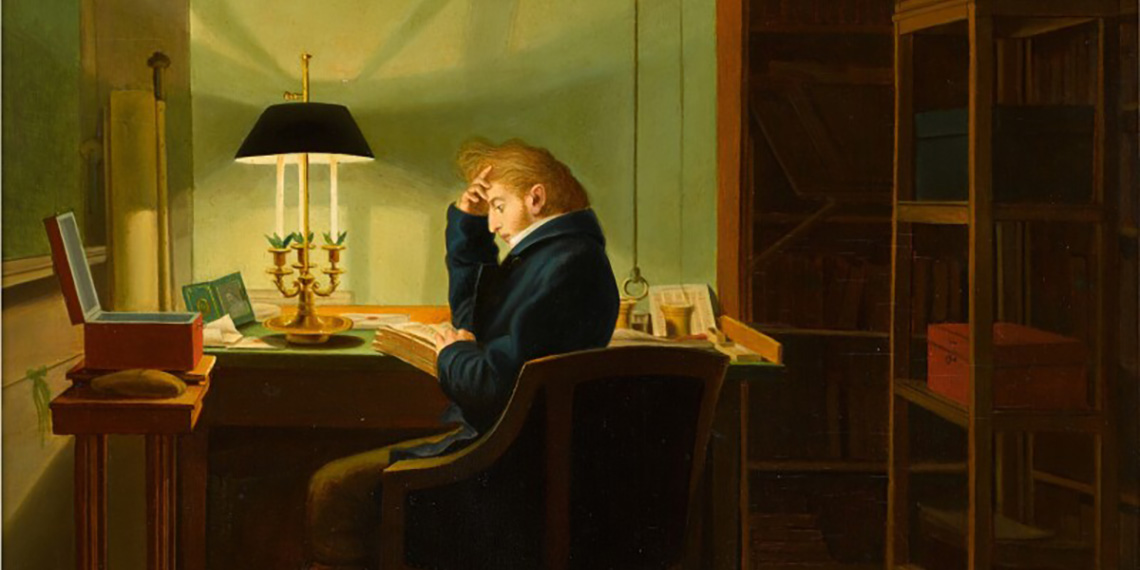
Looking at Kersting’s painting, we see that the subject presents no specific indicators of insomnia. He seems not to be in his dressing gown; he displays no signs of the constrainedness that is insomnia. He’s simply stayed up late and is doing something. And although his surroundings are Spartan, there are indicators of a degree of wealth. This (generally) has to be worked for, and worked for in conjunction with wider society – here perhaps as a ship-owner or lawyer. If our man is suffering from insomnia, rather than choosing to stay up late, and has it as a chronic condition, he will function less well in society and – amongst other things – his earning potential will drop, giving him less capacity to pay for someone to answer when he uses the bell-pull behind him.
Insomnia is not something culturally problematised, it is an affliction that predates and stands outside culture, a problem in and of itself – even if its vanquishing may bring useful personal development. It’s also worth pointing out that in many ways our culture actually feeds and feeds off insomnia.
At night, with the window open and a clear sky above, it is just us and the universe – and for a time, we can take on a little of its boundlessness.
There is, however, much validity in this. And its recognition perhaps contains a weapon in the fight against the curse of insomnia. Electively staying up late, or all through the night, having that “crucial encounter with our weirder, truer sel[f]” (and perhaps more importantly, transcending the neo-liberal individualism du jour and encountering the weirder, truer self shared by all, nothing and everything in between) is also a human need. Hence Midnight Mass, hence Henry II’s night-long post-flagellation penance at the tomb of Thomas Beckett. Hence Northern Soul all-nighters. And once we’ve entered into and emerged from the darkness, once we’ve met that real human need, whether collectively or alone (but if the latter, preferably in a way that respects our commitments to our peers), we may find ourselves less vulnerable to the vengeful voice of unmet needs that is insomnia. So yes, perhaps insomnia is a gift: telling us that we need to stay up all night more often. But it’s generally better, Henry II aside, to do so in a way that fits in with our other commitments.
Perhaps the subject of Kersting’s painting is indeed having trouble sleeping, and has totally done the right thing by not just getting out of his bedroom but has also got out of his nightclothes. He’s now doing something fully unrelated to sleep; hopefully soon he can go back to bed and this time be free. But of one thing we can be certain: he isn’t looking at Facebook.
